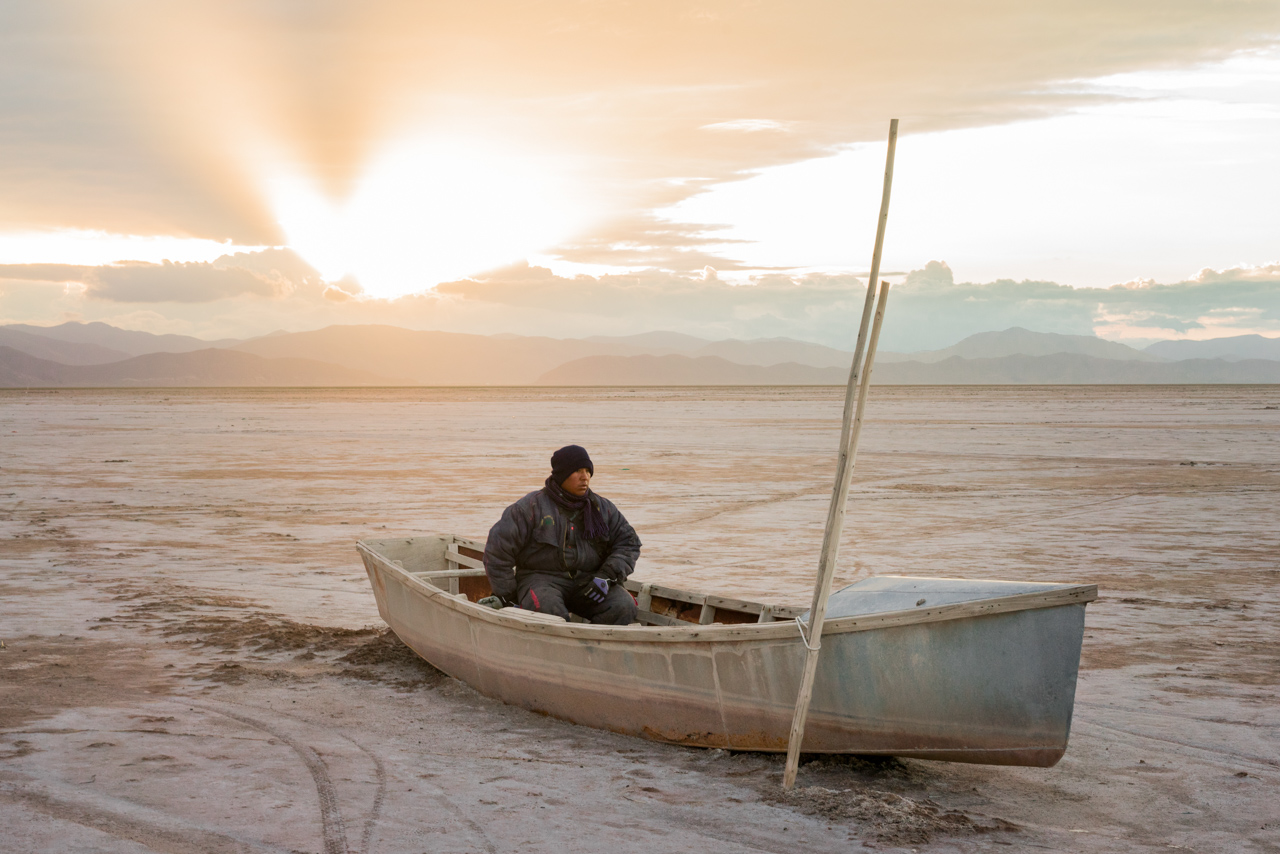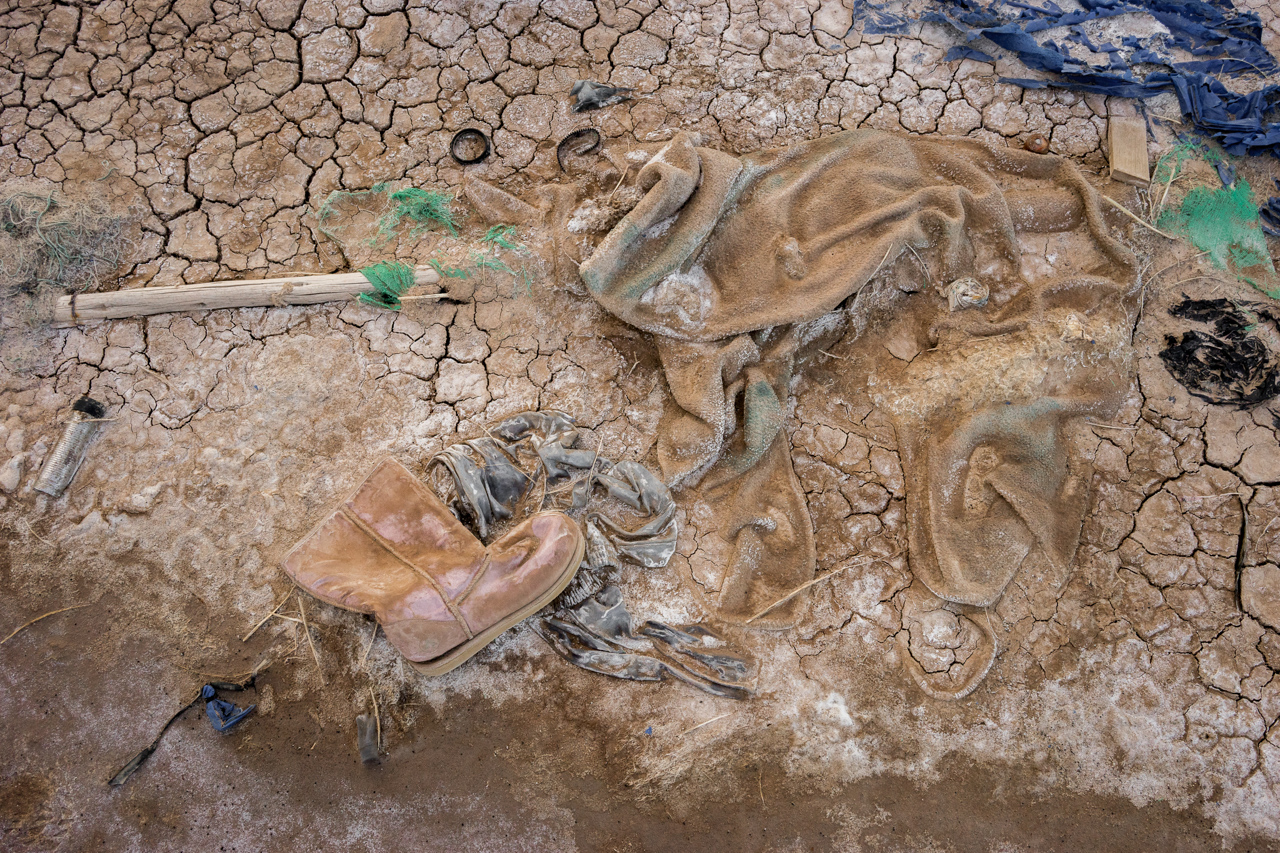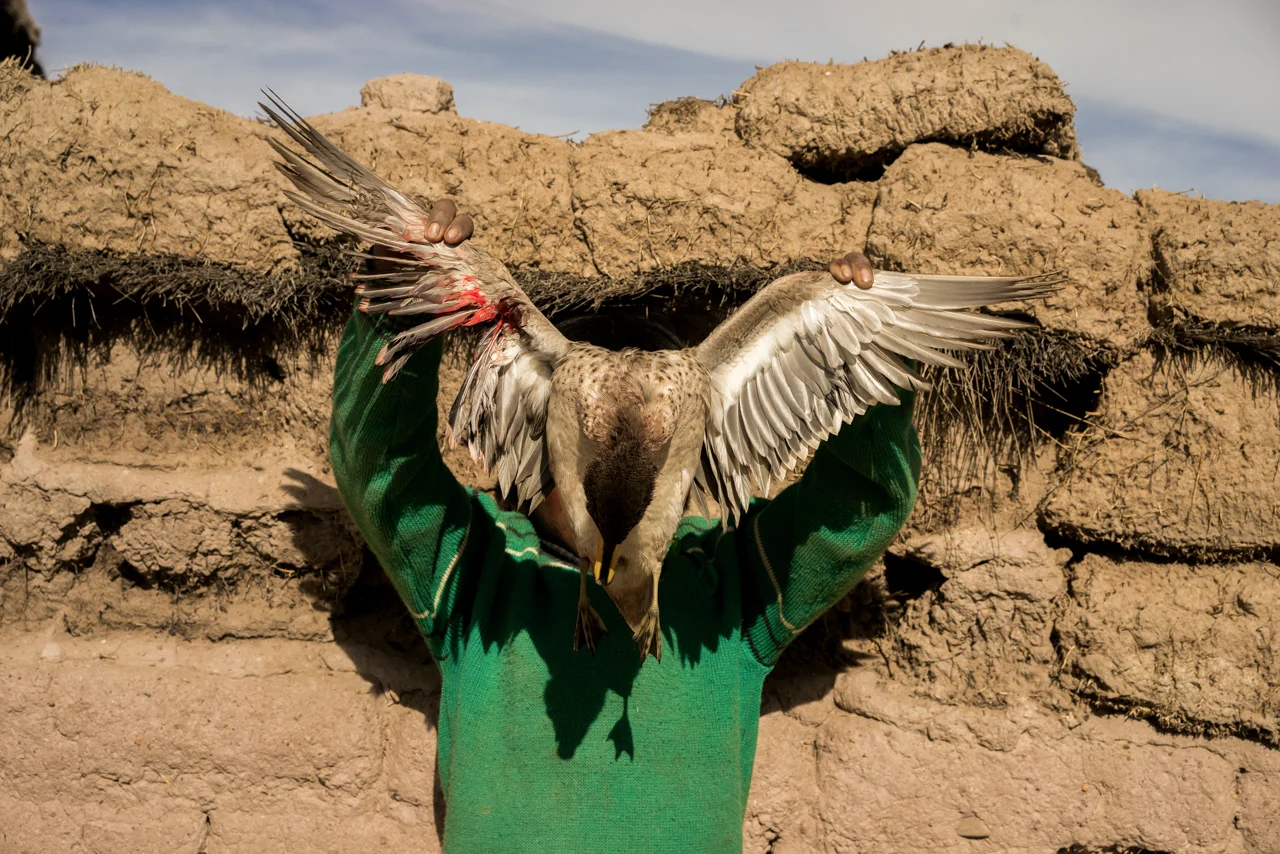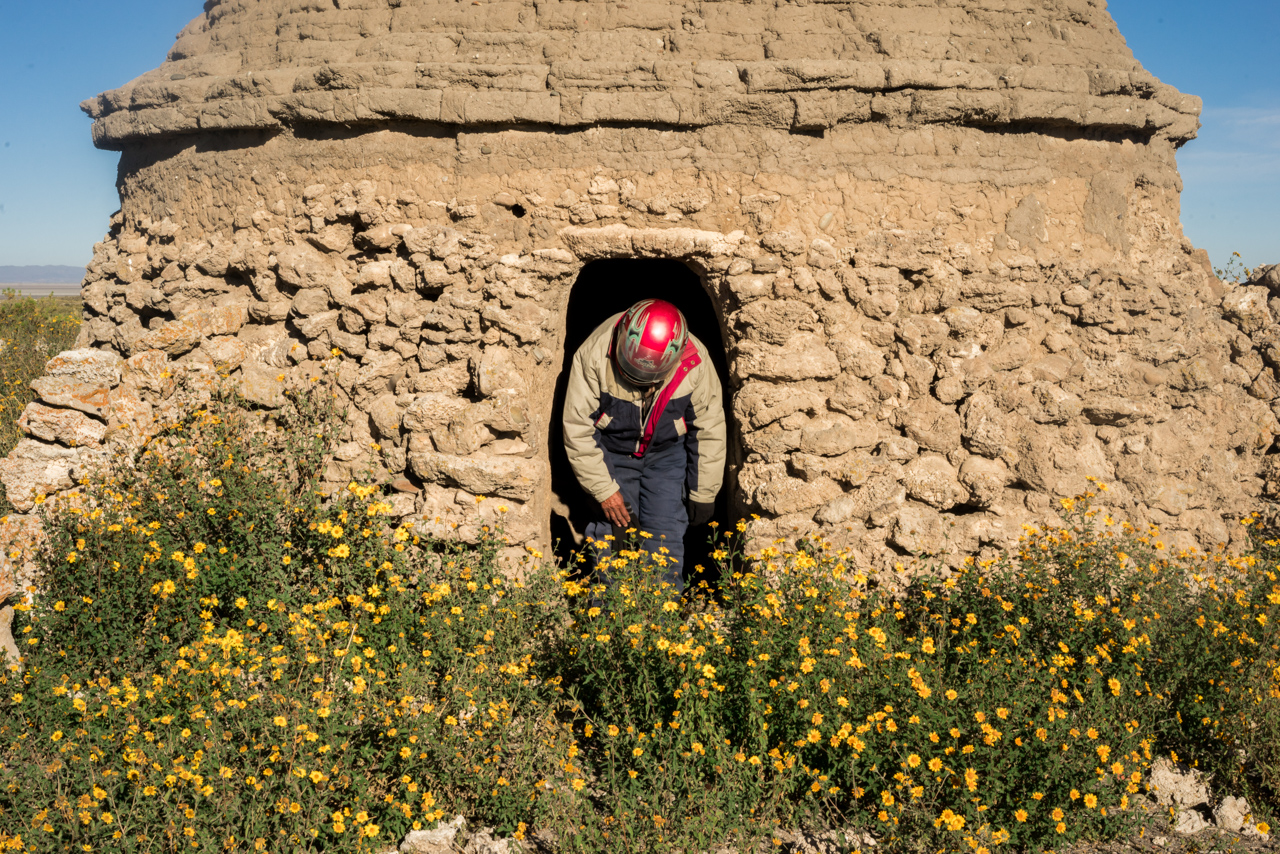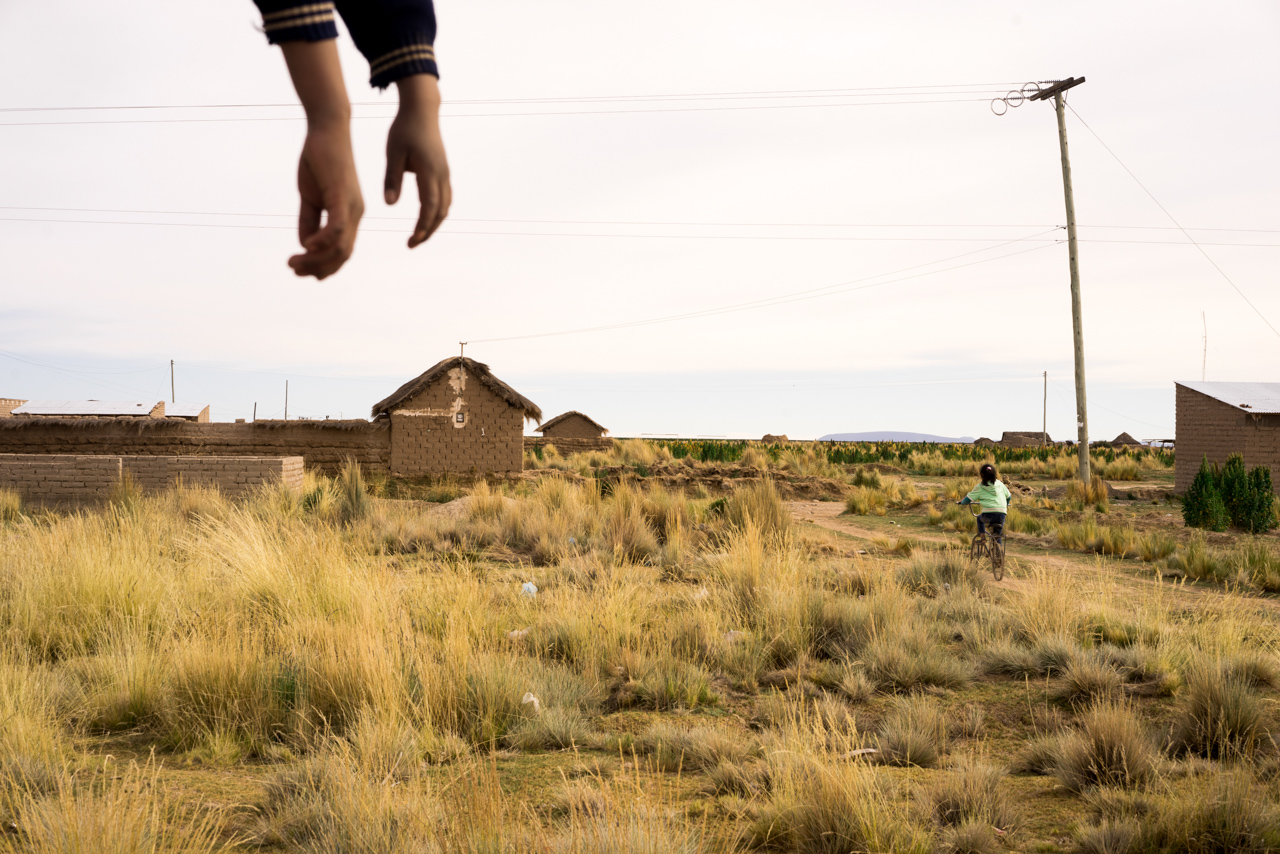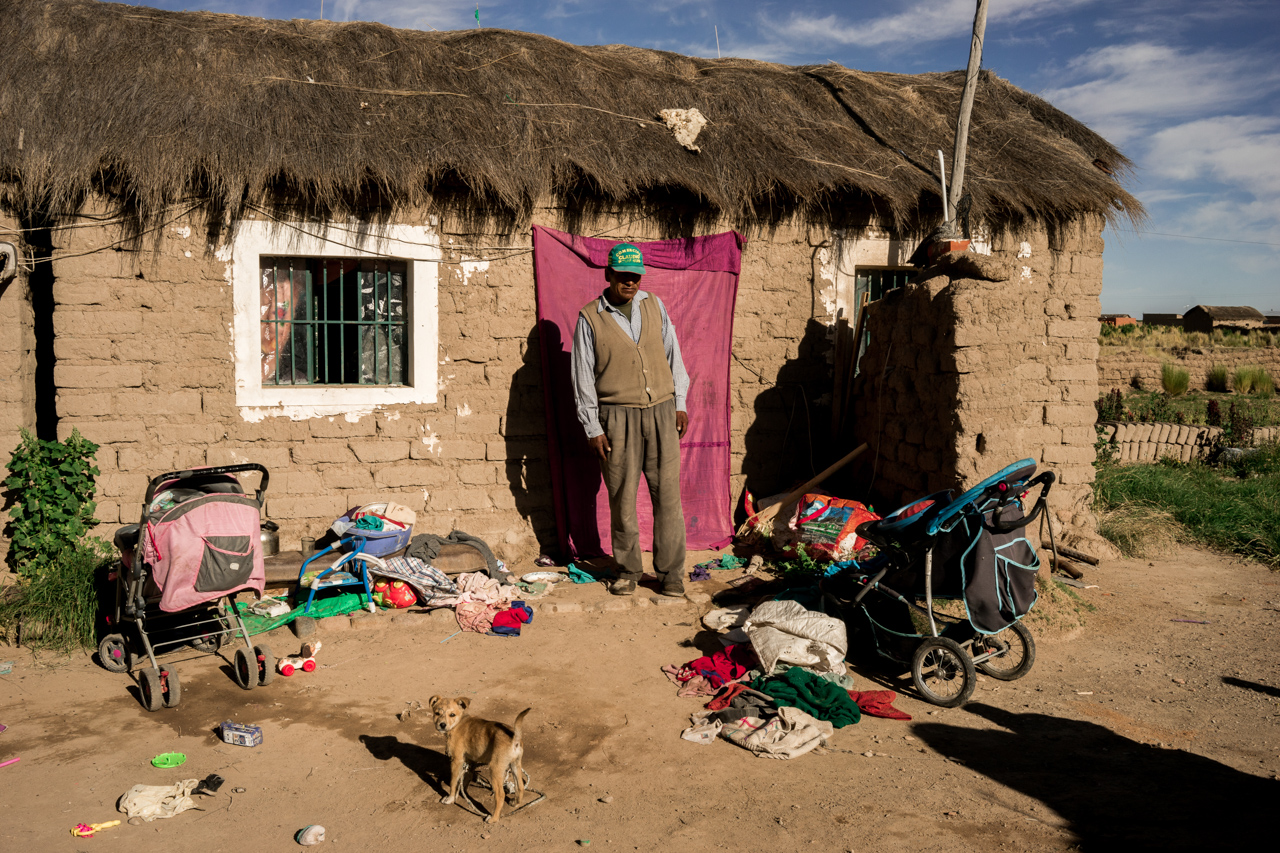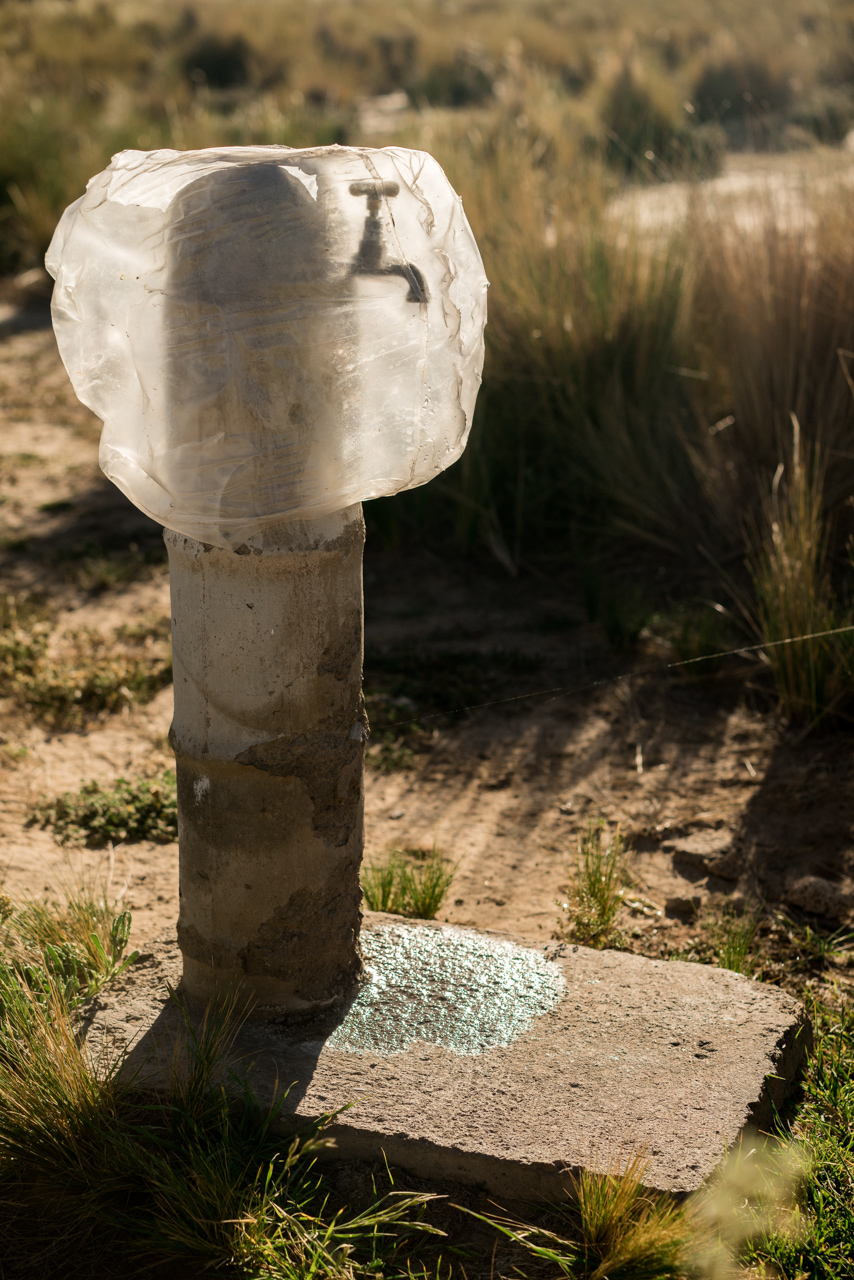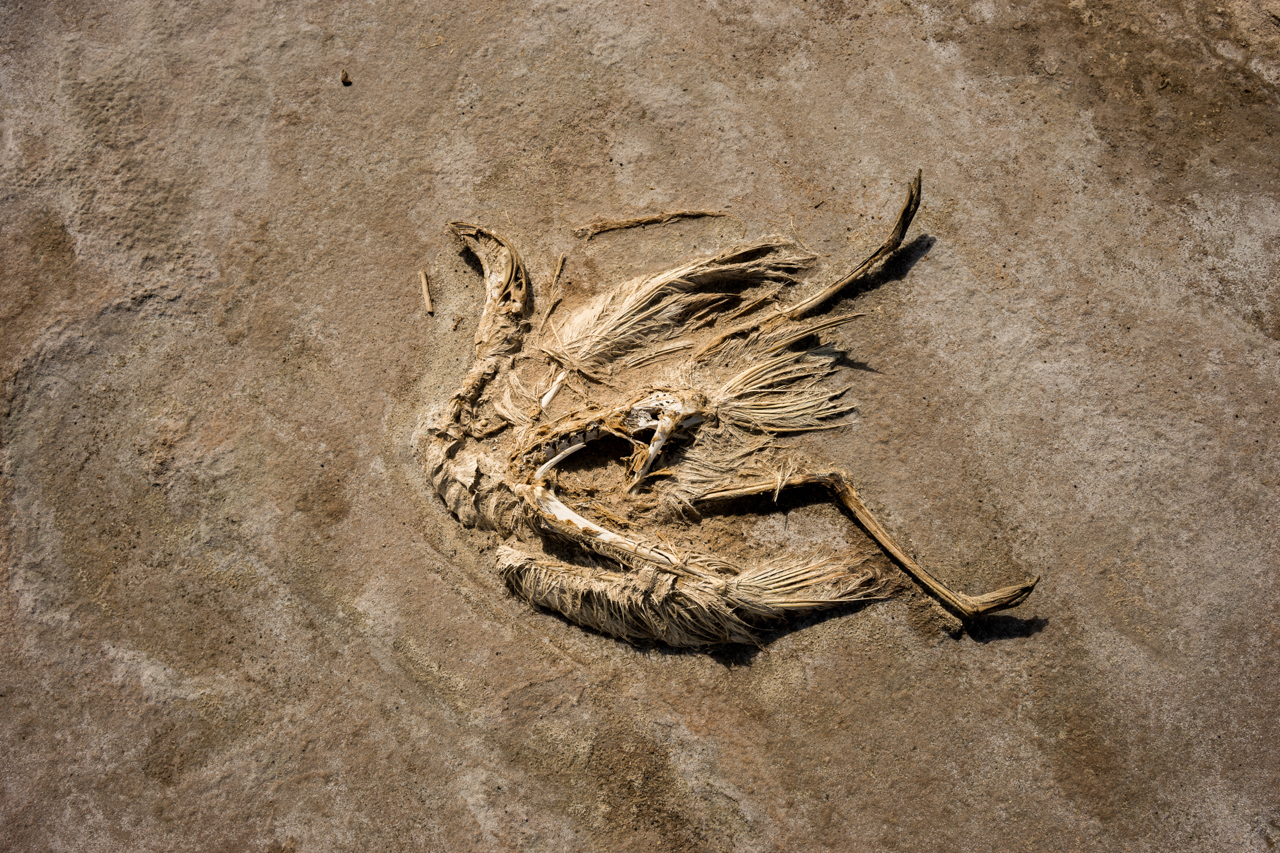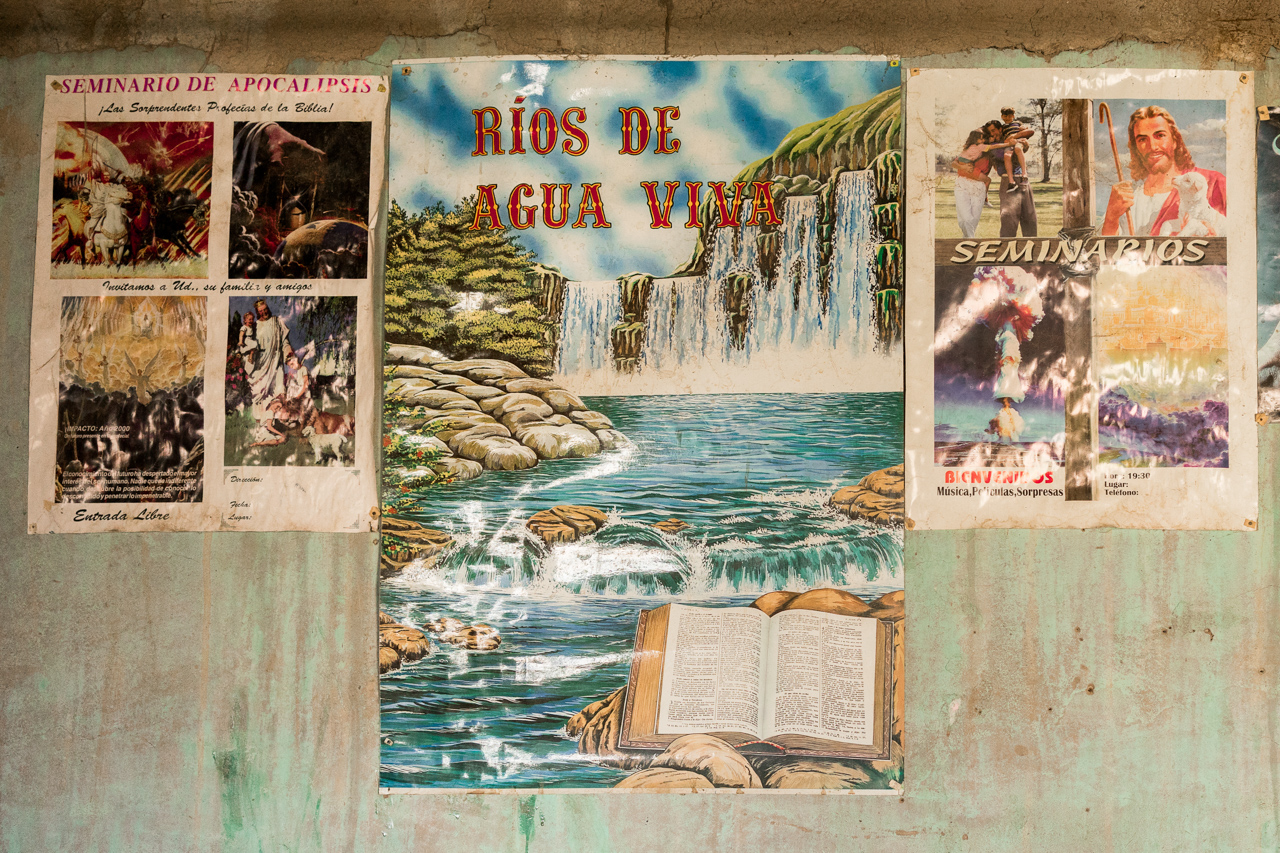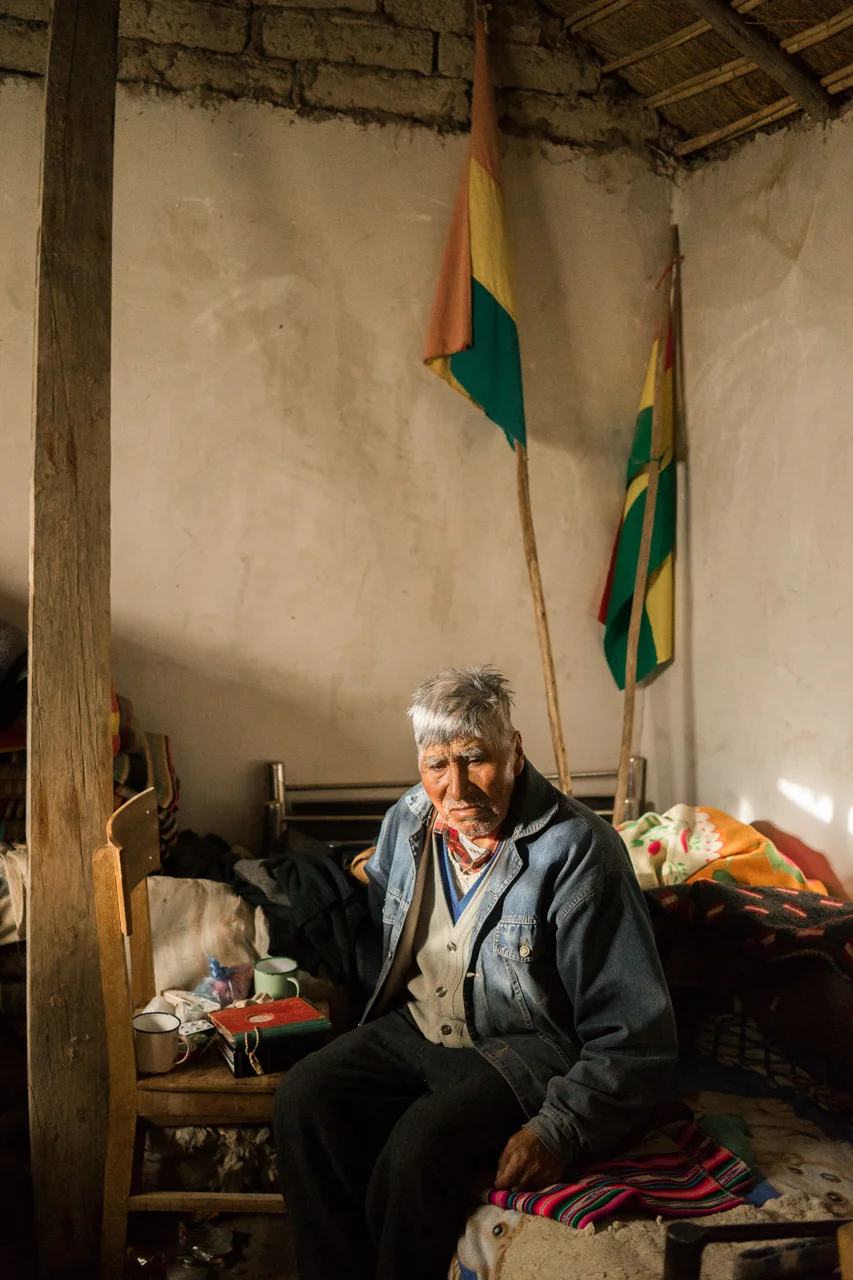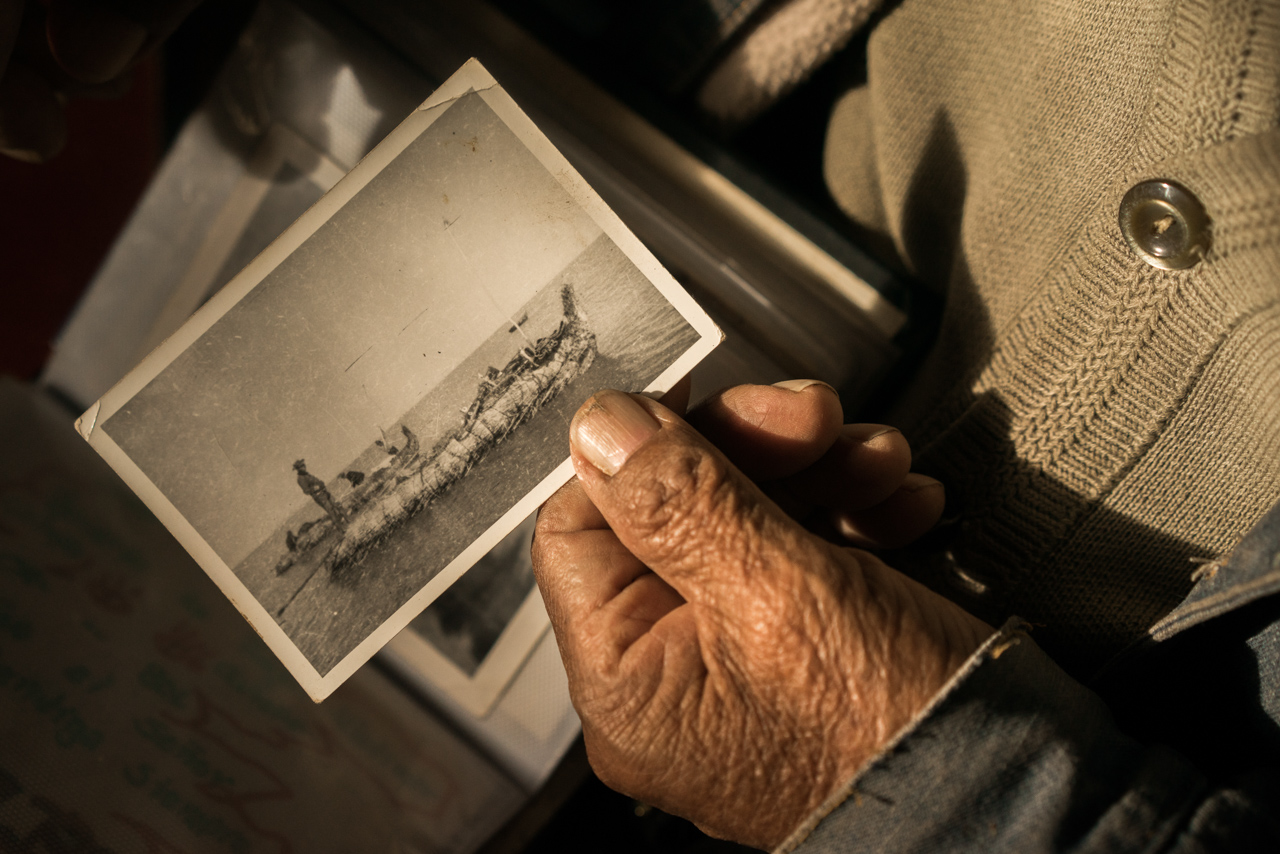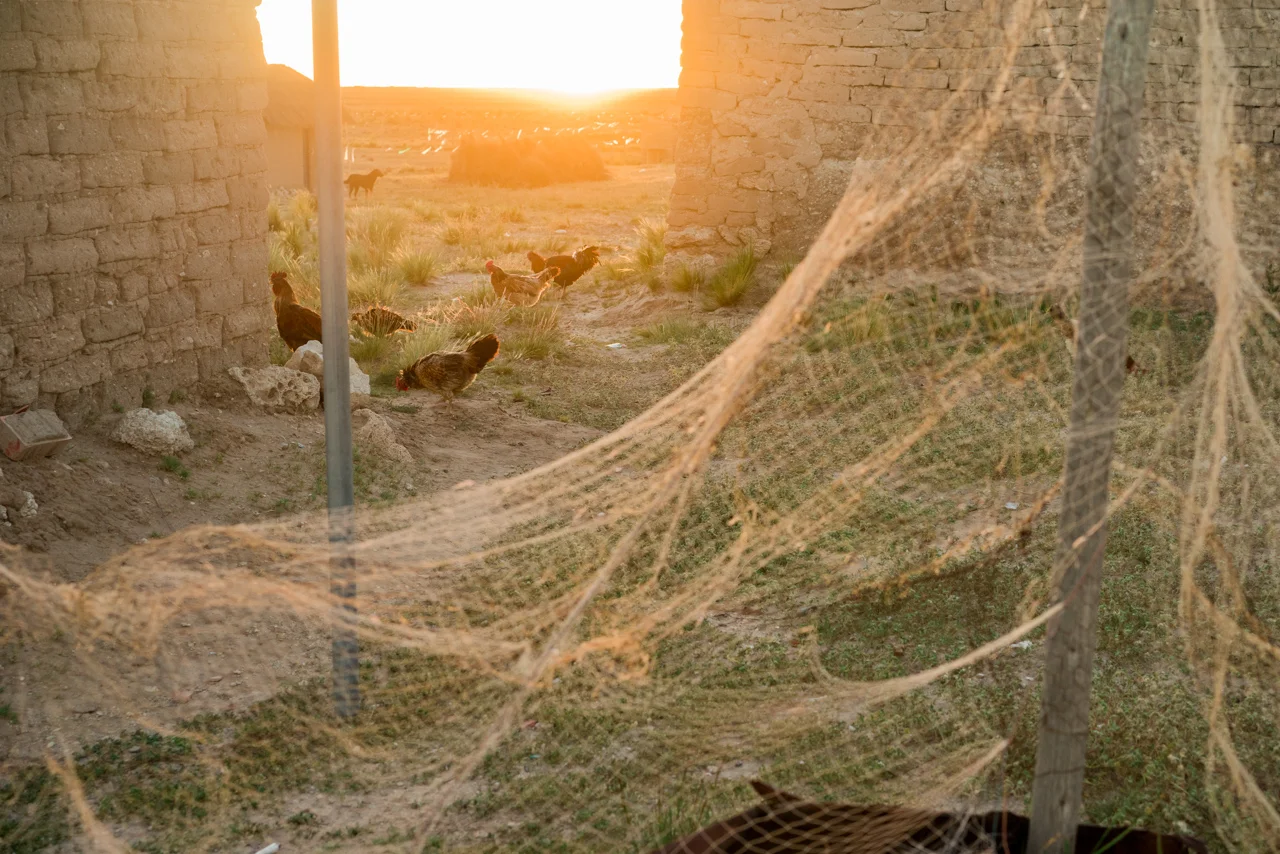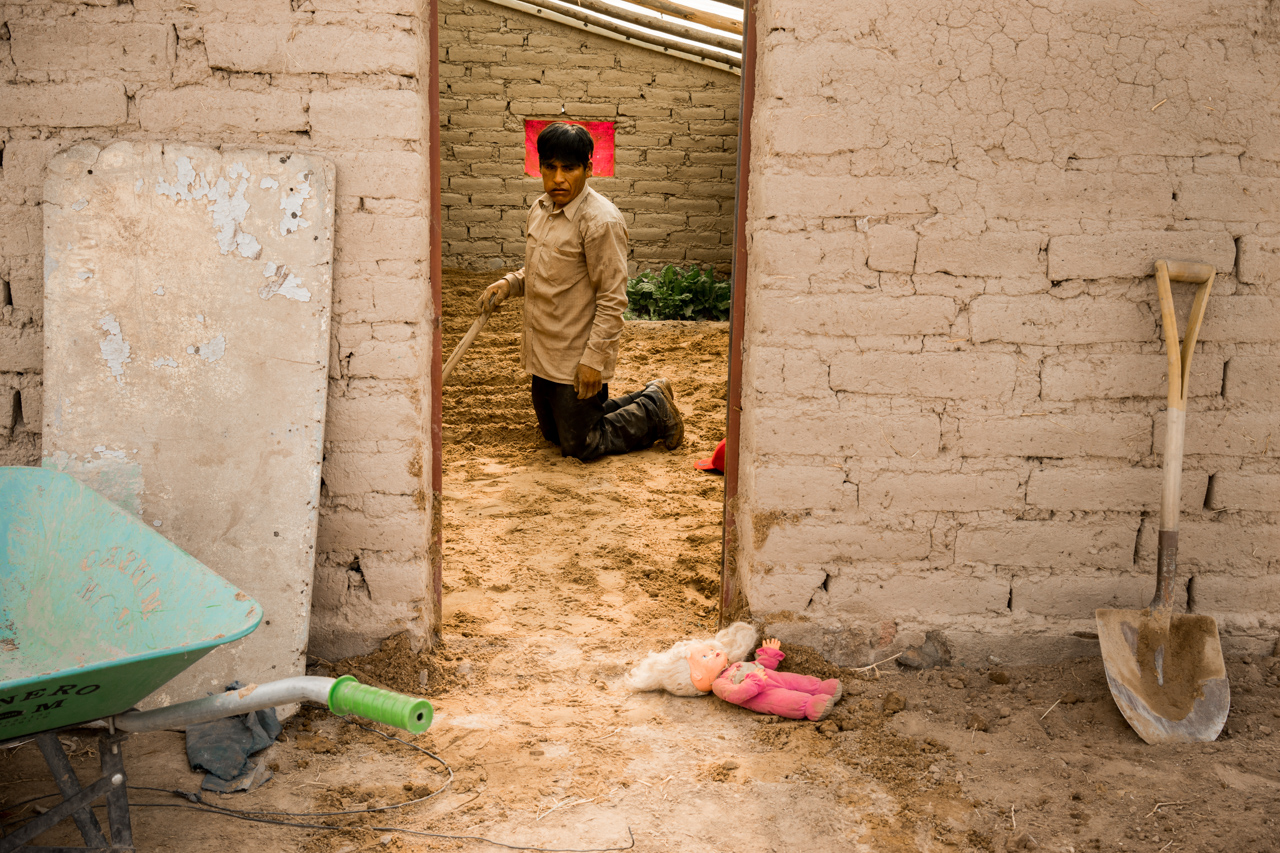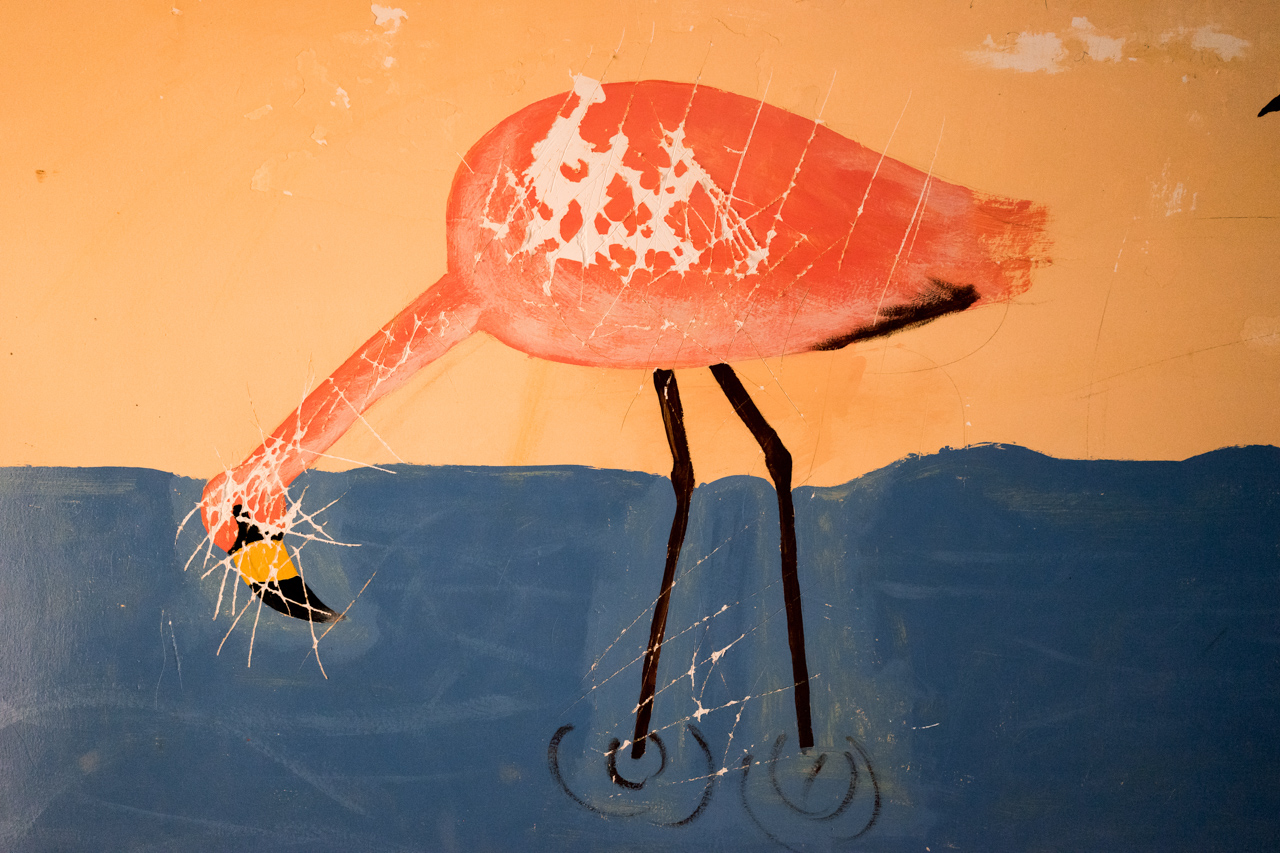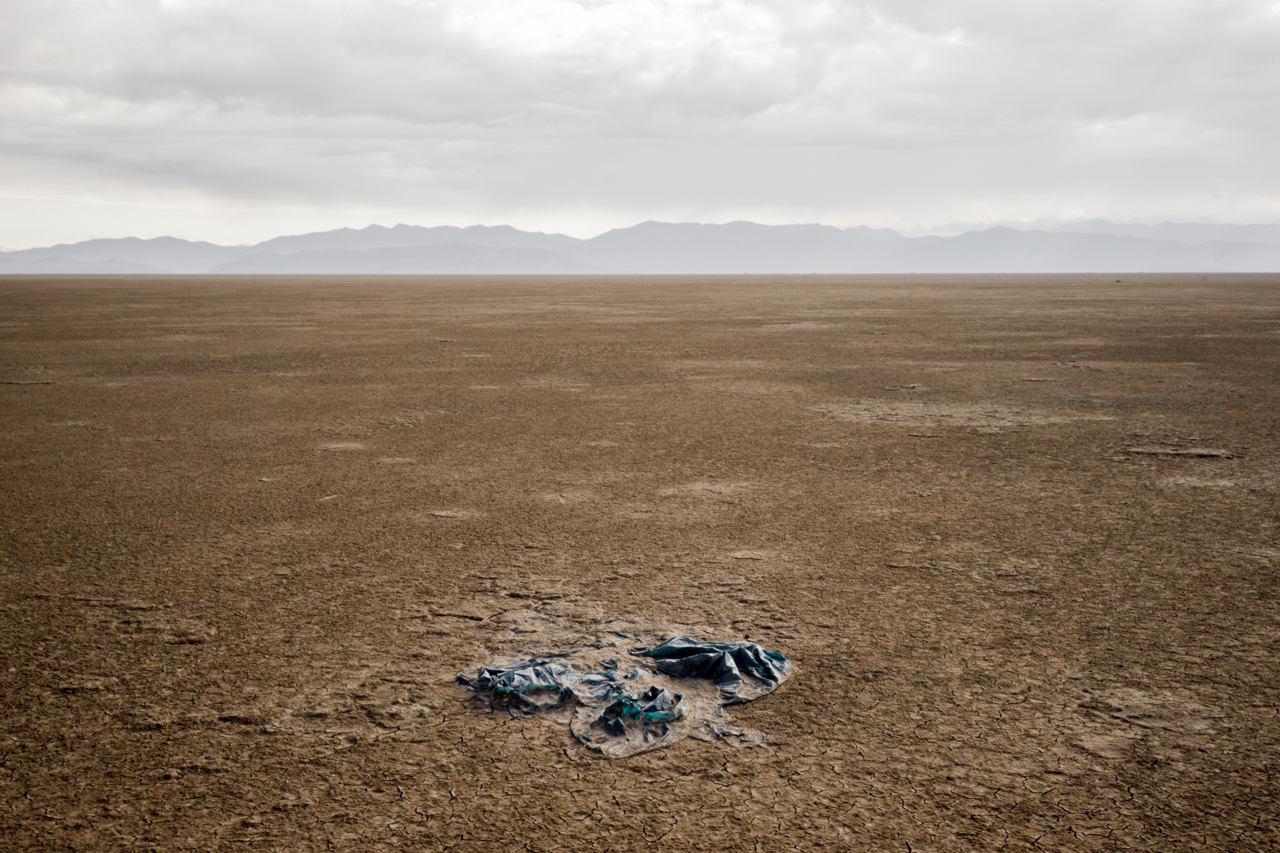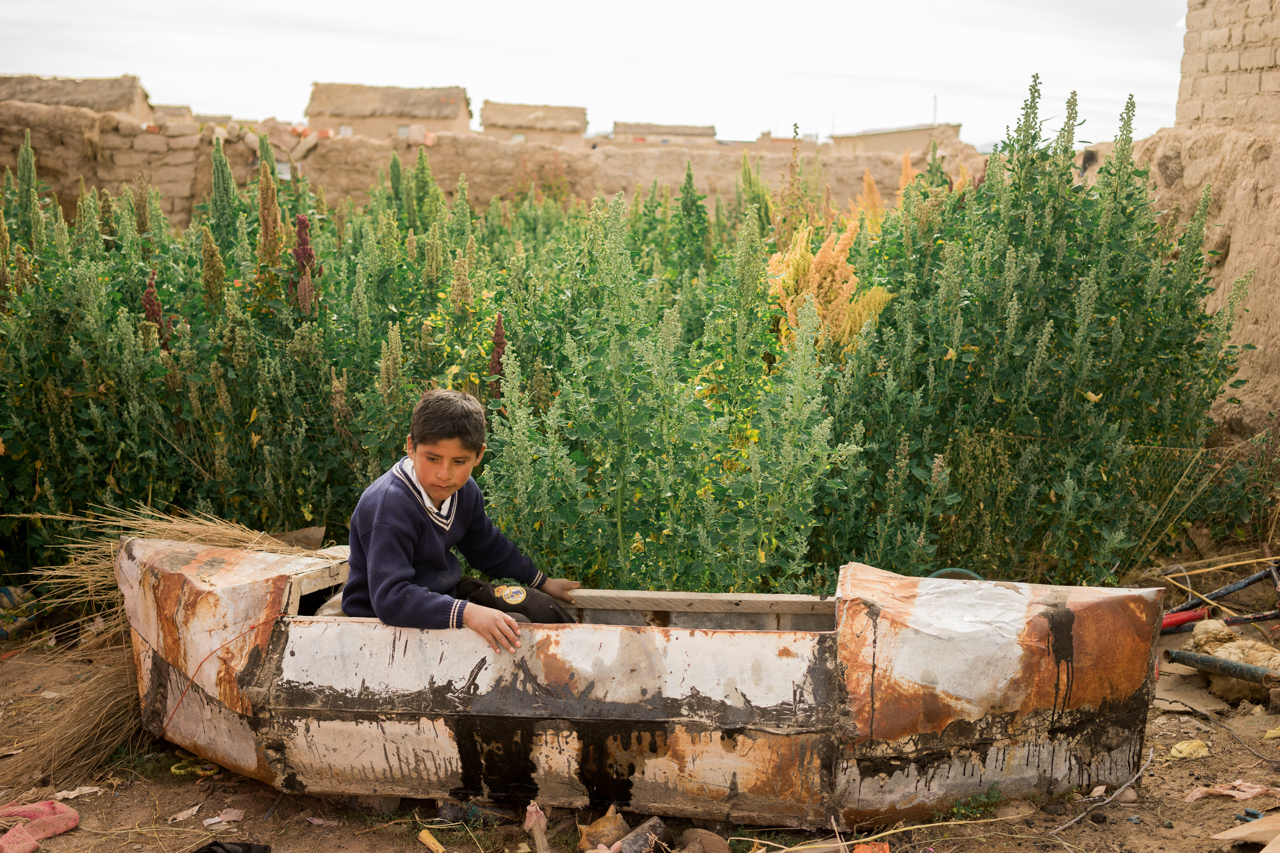Petrified bodies of birds, nets incrusted in the sand, fish converted into stone : memories of water from Bolivia.
The Poopó Lake was the second largest in Bolivia and one of the biggest in South America. In December 2015, it dried out completely due to a number of factors including global warming. This has brought not only environmental but also social problems to the region. The tragedy may be seen as a “local” issue, but for me, this is a warning sign: a clear example of what could happen to other lakes and rivers throughout the world in the near future.
Several indigenous communities live near the dried out lake like the Aymaras and Urus. "We have always been fishermen. We don’t owe land for cattle or for quinoa plantations. Fish was our only means of subsistence. Now all the fish is gone", explains Félix Sequeiros Quispe, the communal major of the Uru community of Llapallapani and continues: “Year after year the temperatures have risen in this area and last year, we hit bottom because of the drought brought by the El Niño phenomena.”
In Untavi, an Aymara community north of the lake, the situation is not better. “I am the last fisherman of the Poopó, tells Don Valerio. Now I work in construction because I need to provide food for my family. My wife used to live here with me, but now she moved to Oruro in search of income. I am thinking of doing the same this year”.
The Poopó Lake was very susceptible to climate changes. Changes that affect the whole world. Changes that are starting to become visible.
